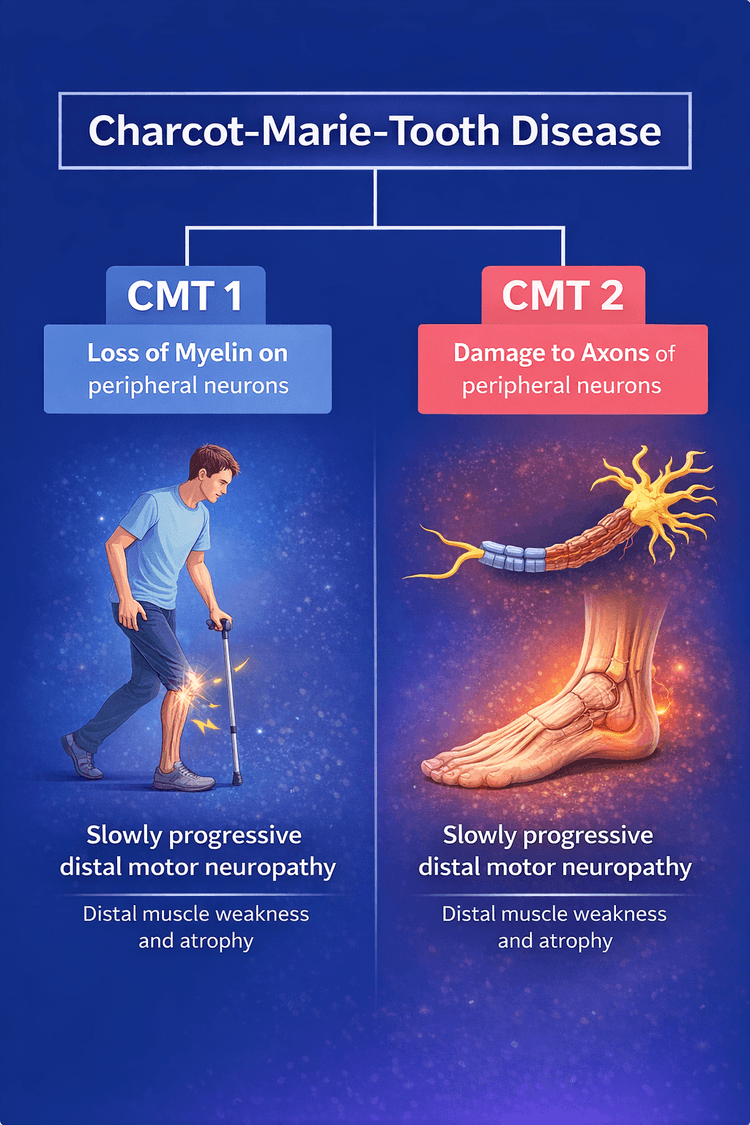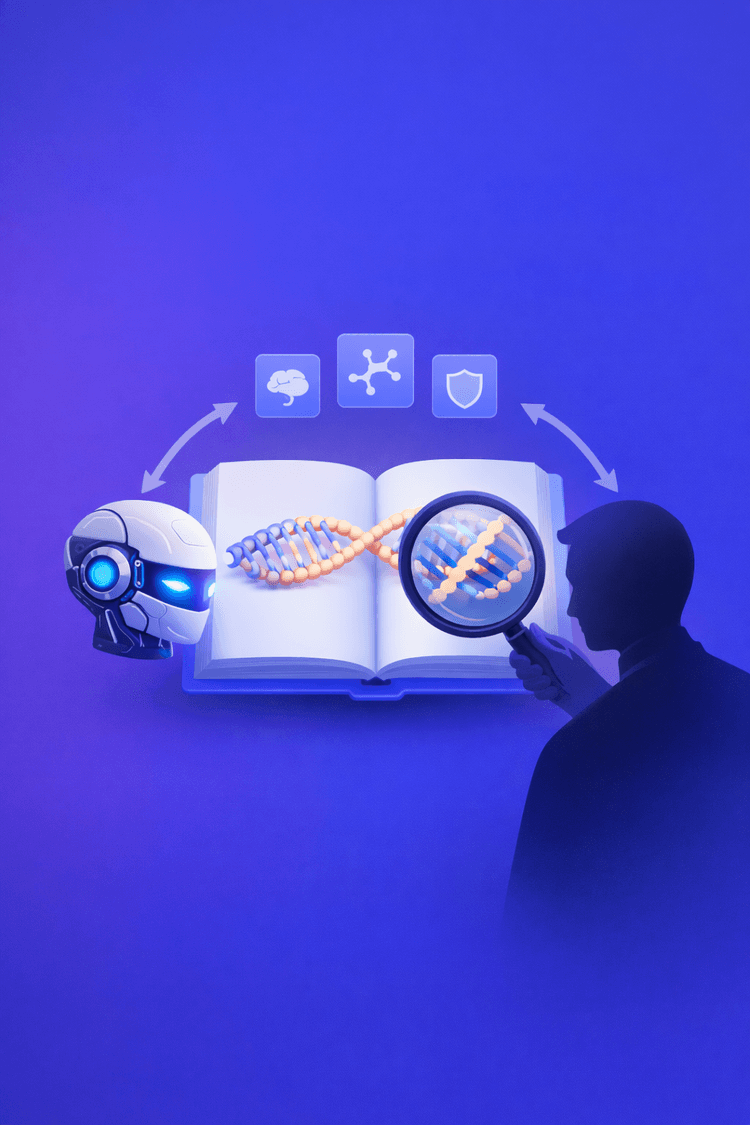Noonan Syndrome | Karyotype and Genetic testing
Noonan Syndrome is a genetic disorder that affects various parts of the body. It is characterized by distinctive facial features, developmental delays, and potential heart defects, among other symptoms.
3billion, which offers genetic testing for rare diseases, has also provided many reports of diagnoses with Noonan syndrome.
In this article, we delve into the role of karyotype and genetic testing in identifying Noonan Syndrome and guiding healthcare decisions.
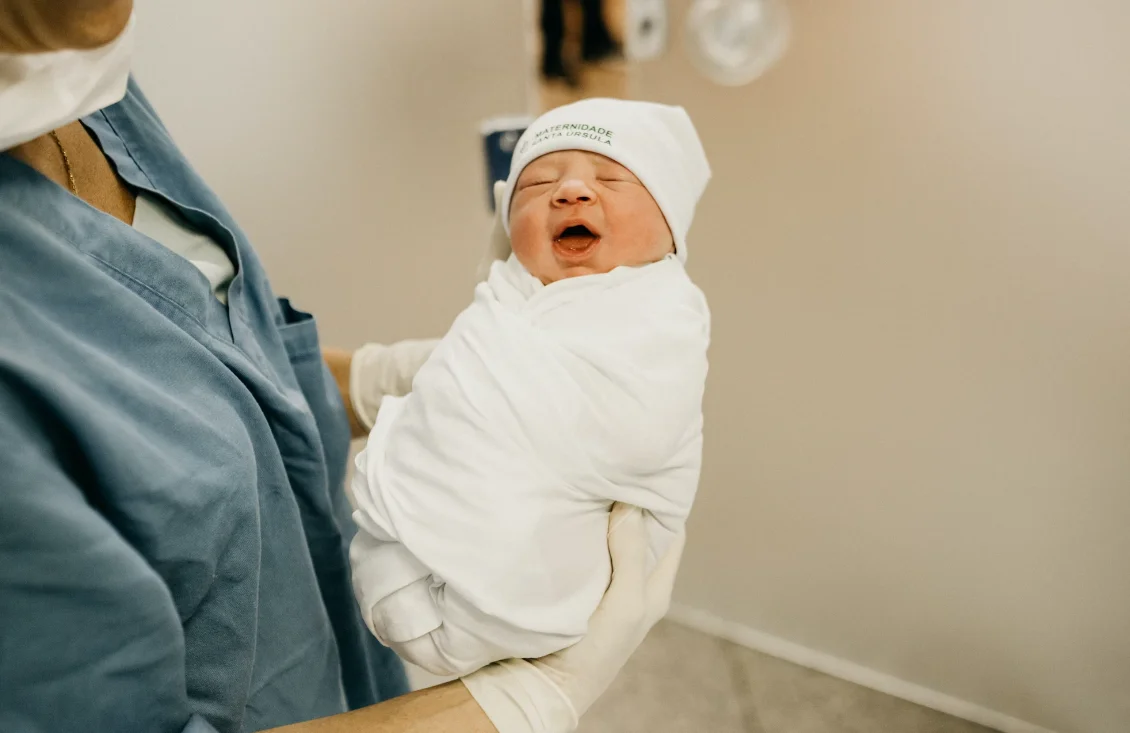
Noonan Syndrome
Noonan Syndrome is a relatively rare genetic disorder that affects approximately 1 in 1,000 to 2,500 individuals. It can affect people of all ethnic backgrounds and is equally prevalent in males and females.
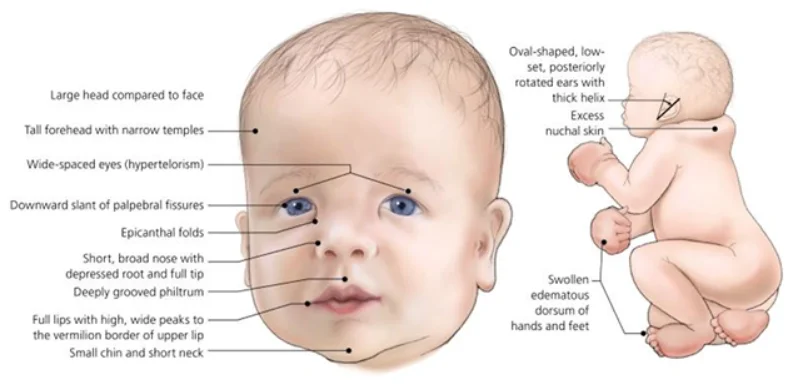
Some of the common features of Noonan Syndrome include1
- Distinctive facial characteristics: Widely spaced eyes, low-set ears, and a short neck.
- Growth delays: Slower growth in childhood, resulting in shorter stature.
- Cardiac abnormalities: Structural heart defects, such as pulmonary valve stenosis, are often present.
- Developmental delays: Speech and motor skill delays are common.
- Bleeding problems: Individuals with Noonan Syndrome may have a higher tendency to bleed easily.
Karyotype
Noonan Syndrome does not have a specific karyotype associated with it.2 Instead, it is primarily caused by mutations in various specific genes, such as PTPN11, SOS1, RAF1, and others. These mutations occur in specific genes on certain chromosomes and are responsible for the characteristic features and health issues associated with Noonan Syndrome.
Karyotype testing analyzes the structure and number of chromosomes in a person’s cells. It is often used to rule out other genetic conditions but does not typically reveal the specific gene mutations responsible for Noonan Syndrome. For precise genetic diagnosis, targeted genetic testing, such as DNA sequencing, is usually required to identify the specific genetic mutations in affected individuals.
Genetic Testing for Noonan Syndrome
While karyotype testing can provide valuable information, it may not identify the specific genetic mutations responsible for Noonan Syndrome. To pinpoint the exact genetic cause, more targeted genetic testing is necessary.
The diagnosis of Noonan Syndrome typically involves a combination of genetic testing and clinical evaluation.
Genetic testing panels that include a range of genes associated with genetic syndromes that have features similar to Noonan Syndrome can be used. These panels are useful when the specific genetic mutation is not known, as they can screen multiple genes simultaneously.
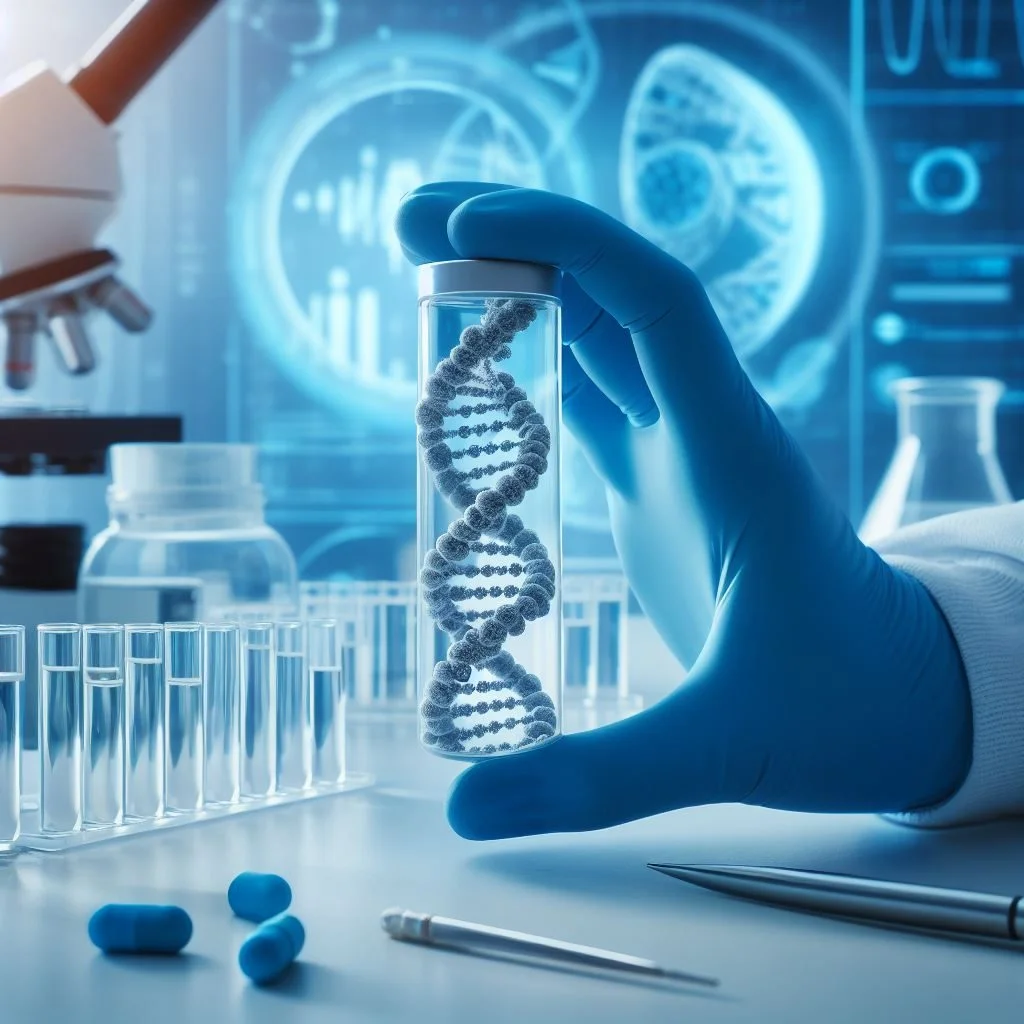
In some cases, whole exome sequencing (WES) or whole genome sequencing (WGS) may be used if initial genetic tests do not identify a mutation. These comprehensive sequencing techniques can analyze the entire exome or genome to identify rare or novel mutations.
WES is a comprehensive genetic testing method that examines all the protein-coding regions of an individual’s DNA, known as the exome. This includes not only the genes commonly associated with Noonan Syndrome but also other genes that may cause similar clinical features. Since Noonan Syndrome shares overlapping symptoms with other genetic conditions, WES can help identify potential genetic variants beyond the known Noonan-associated genes.

What Makes Our Exome Testing Advanced?
Find out how our enhanced exome solutions deliver better coverage and accuracy.
WES can uncover rare or previously unidentified genetic variants that may be responsible for the clinical presentation, potentially leading to a diagnosis when traditional genetic tests are negative.
Get exclusive rare disease updates
from 3billion.

Seung Woo Ryu
Medical geneticist focused on clinical molecular genetics for rare diseases, dedicated to delivering accurate and accessible diagnostics to patients in need.



